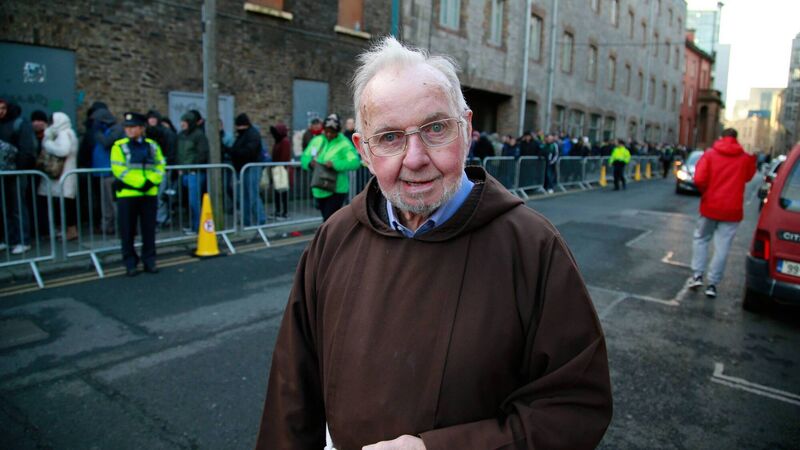Letters to the Editor: Who gets more should give more

Brother Kevin at the Capuchin Day Centre. Picture: Nick Bradshaw
I used to be able to donate €150 per month to some charities from my CIÉ pension.
After waiting in vain for a decade and a half to get any increase in the same, I had to reduce my contributions last year to €86, split unevenly between the Irish Hospice Foundation and the Capuchin Day Centre.











